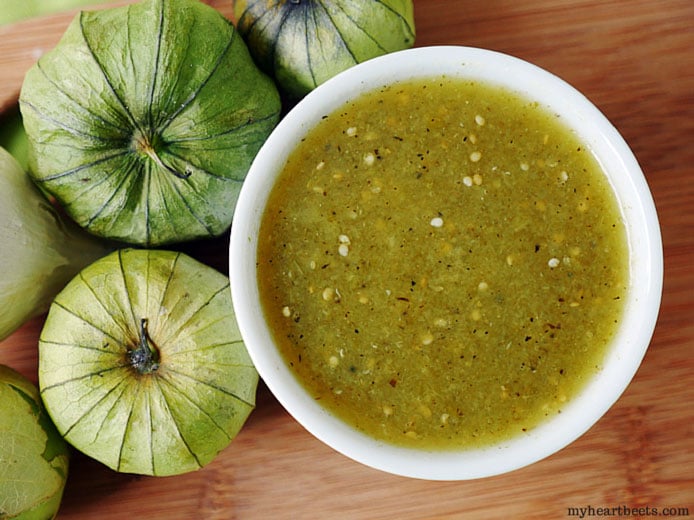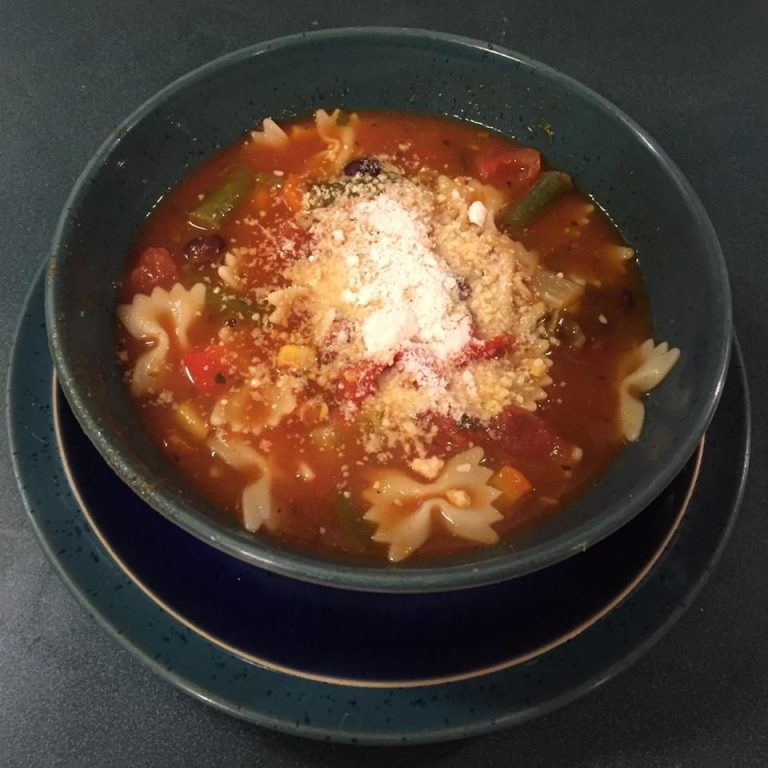Glassers Greek Marlin: A Culinary and Environmental Guide
Glassers Greek Marlin trace its roots to ancient Mediterranean cuisine. The dish emerged when the Greeks began experimenting with marlin, incorporating it into their diets. This culinary tradition evolved as chefs refined cooking methods and integrated local herbs and spices. Today, it blends historical flavors with modern techniques, creating a dish steeped in rich heritage.
Unique Characteristics
Glassers Greek Marlin stands out for its distinct flavor profile. Fresh marlin fillets are marinated in a mixture of olive oil, lemon, and oregano, enhancing the fish’s natural taste. The dish is often grilled, providing a smoky undertone. Served with fresh vegetables like tomatoes, cucumbers, and olives, it offers a balanced meal. Its nutritional value includes high protein and omega-3 fatty acids, making it both delicious and healthy.
Culinary Uses of Glassers Greek Marlin
Traditional Recipes
Ancient Mediterranean dishes often featured marlin, including recipes enhanced by local herbs and spices. Marinated in olive oil, lemon, and oregano, the marlin was typically grilled, offering a rich, smoky flavor. You can recreate this traditional recipe by:
- Using Olive Oil: Olive oil forms the base for marinating. This oil infuses the marlin with moisture and a smooth texture.
- Adding Lemon: Lemon juice adds tanginess, balancing the fish’s rich flavor.
- Incorporating Oregano: Oregano provides an aromatic and earthy taste synonymous with Greek cuisine.
- Grilling: Grilling the fish locks in the marinade’s flavor while adding a smoky undertone.
Modern Culinary Integration
Chefs today integrate Glassers Greek Marlin into contemporary dishes, combining innovation with tradition. You might find this seafood delicacy in:
- Gourmet Salads: Thinly sliced marlin atop fresh greens and seasoned with Greek vinaigrette elevates a simple salad to a gourmet experience.
- Sushi and Sashimi: Marlin sashimi with a hint of lemon juice and olive oil reflects a fusion of Greek and Japanese culinary cultures.
- Pasta Dishes: Adding grilled marlin chunks to pasta dishes, mixed with Mediterranean vegetables such as cherry tomatoes and spinach, creates a rich, flavorful meal.
- Tacos: Glassers Greek Marlin used in fish tacos, topped with Greek yogurt sauce, marries Greek flavors with a popular Mexican dish.
These methods showcase how Glassers Greek Marlin can fit seamlessly into both traditional and modern culinary practices, offering rich flavors and varied textures.
Nutritional Value and Health Benefits
Key Nutrients and Components
Glassers Greek Marlin’s nutritional profile offers key nutrients beneficial for health. It’s rich in high-quality protein, providing essential amino acids for muscle repair and growth. Omega-3 fatty acids, known for their heart-health benefits, are abundant in marlin, which helps in reducing inflammation. Vitamins and minerals, including vitamins B6 and B12, selenium, and magnesium, are present, crucial for maintaining energy levels and supporting the immune system.
- Protein: 25 grams per 100 grams, aiding in muscle repair and growth.
- Omega-3 Fatty Acids: Offers heart-health benefits, supporting cardiovascular functions.
- Vitamins B6 and B12: Crucial for energy metabolism and neurological health.
- Selenium: Acts as an antioxidant, protecting cells from damage.
- Magnesium: Essential for muscle and nerve function, regulating blood sugar levels.
Health Impact Studies
Several studies highlight the health benefits of consuming marlin. Research published in the Journal of Nutritional Biochemistry (2020) indicates that regular intake of omega-3 fatty acids can reduce the risk of chronic illnesses such as cardiovascular diseases and arthritis. Another study in the Journal of Food Science (2019) shows that selenium in marlin supports antioxidant activity, lowering the risk of oxidative stress-related conditions.
- Cardiovascular Health: Omega-3 fatty acids contribute to reducing heart disease risk by lowering blood pressure and cholesterol levels.
- Antioxidant Properties: Selenium enhances the ability to combat oxidative damage and inflammation.
- Chronic Disease Prevention: Regular consumption reduces chronic illness risks, improving overall health.
These studies provide a robust framework for understanding the health benefits associated with incorporating Glassers Greek Marlin into your diet.
Conservation and Sustainability Issues
Current Population Status
The current population of Glassers Greek Marlin faces several threats due to overfishing and habitat degradation. According to the International Union for Conservation of Nature (IUCN), several species within the marlin family are listed as vulnerable or near threatened. Data shows significant population declines in areas like the Mediterranean Sea, where this species was once abundant. Overfishing, driven by high market demand, directly impacts their numbers, making conservation crucial for their sustainability.
Conservation Efforts
Multiple conservation measures target the recovery of the marlin population. The European Union has implemented fishing quotas to mitigate overfishing. Additionally, the establishment of Marine Protected Areas (MPAs) helps preserve critical habitats and breeding grounds for marlins. Non-governmental organizations, such as the World Wildlife Fund (WWF), actively work on awareness campaigns and promote sustainable fishing practices. Support these efforts by choosing marlins certified by eco-labels like the Marine Stewardship Council (MSC), ensuring your consumption aligns with sustainability goals.
Conclusion
Glassers Greek Marlin offers a unique blend of tradition and modern culinary techniques, making it a must-try dish for seafood enthusiasts. Its rich nutritional profile, including high protein and essential omega-3 fatty acids, makes it not just delicious but also beneficial for your health.
While enjoying this exquisite dish, it’s crucial to support sustainable fishing practices to help protect the marlin population. By choosing certified marlin, you contribute to conservation efforts ensuring this species thrives for future generations.
Embrace the flavors and health benefits of Glassers Greek Marlin while being mindful of its environmental impact. Your choices can make a difference.






